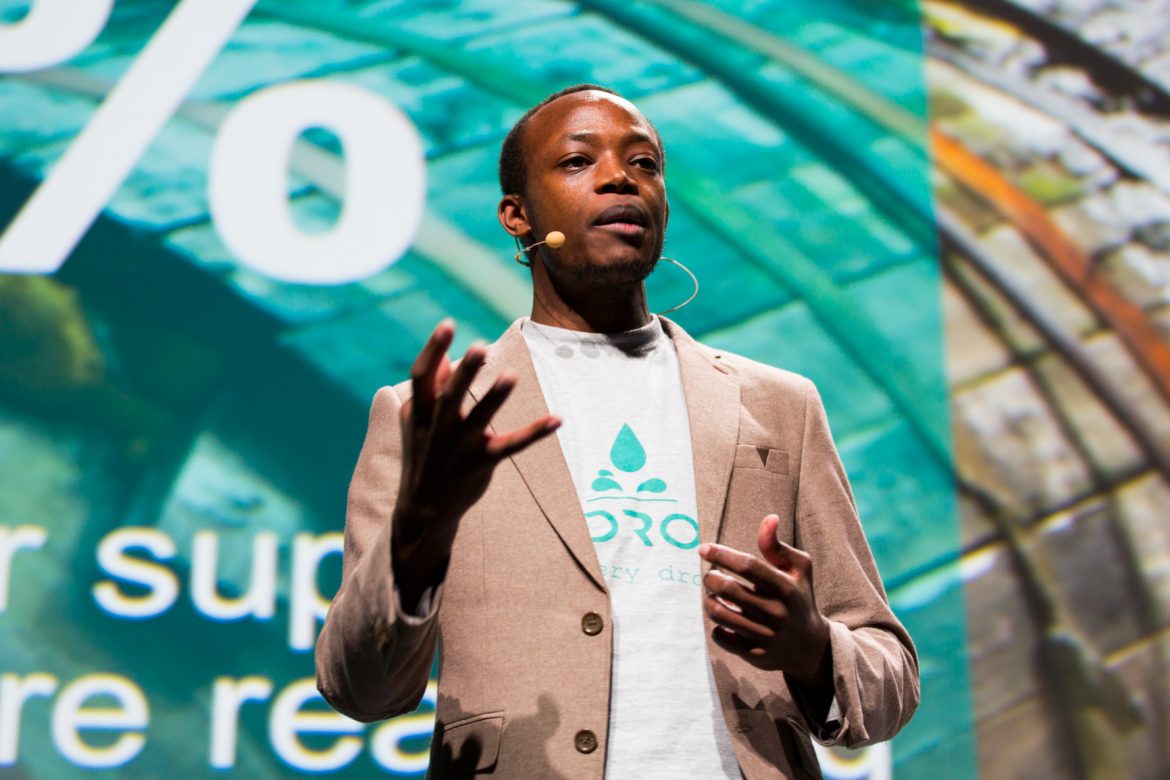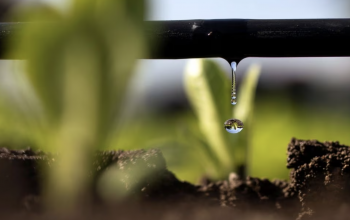Water: A Global Issue
2/3 of the world population will be living in water stressed conditions by 2025 according to the UN. Majority of these will be in Sub Saharan Africa
Africa remains the continent that is still highly affected by access to water. Over 300 Million out of the 1.2 Billion population still lack clean and reliable water sources.
Water losses contribute to this increased scarcity. In Africa, close to 50% of the water that is supplied is lost before reaching the consumer. This losses happen due to the poorly managed and inefficient infrastructure that results in leakages which can go undetected for months!
Additionally, water utilities are barely surviving due to the huge operational costs that have to be covered. Ultimately, the consumer has to bear the burden of these losses as water utilities pass these huge costs to the consumers to sustain their operations.
The World Bank estimates that Non Revenue Water (NRW) costs utilities worldwide about US$14 billion annually. By reducing these losses by half in areas with the highest NRW, it is estimated that US$2.9 billion cash would be generated and an additional 90 million people could have access to water.
Water is a basic need to people and as such, there is need for these resource to be managed and distributed evenly to people, and the first step to this is to have a model that drives efficiency to water distribution in order to minimize losses.
The Opportunity
Technology has changed the way we manage our resources and water cannot be left behind. One of the technologies that promise a huge deal is the internet of things and what it can do to monitor resource use and automate most of the process that can drive efficiency. Smart water metering represents a solution that will contribute to the reduction of water consumption, leakage, waste and energy use.
This leads to a predicted cumulative market opportunity in smart water metering of $14 billion by 2024
For specifically the African market, we need to approach this issue twofold. First is the water losses and secondly, to provide a convenient way for the water consumers to manage their water, seek transparency in the water business and ultimately enable both the water utilities and the consumer to benefit.
A survey conducted by HydroIQ recently showed that of the 1000 respondents who are home owners, 70% of them had no way of validating their utility bills, while over 90% of them actually wanted a solution that could enable them to monitor and manage their water consumption. This is in line with the trend that is now becoming universal, markets of today and of the future require transparency and the only way to do that is to put the information to the consumer and empowering them to make decisions.
The World’s first WVNO
But key to adoption of such technology especially in Africa is the way we create the best use cases. Technology alone is never enough, we need to provide the most adoptable and scalable business case to accompany the technologies.
Borrowing from the MVNO model for the mobile industry, we can conveniently apply the model to suite any utility as it provides flexibility to the consumer, stimulates innovation on how services are delivered to consumers and more importantly, it allows those who understand and develop the infrastructure to focus on just that.
The challenge with the current water distribution model is that water utilities are trying to establish a complete service cycle, from sourcing water, to infrastructure, distribution, to billing and customer management, and this kind of segments require professionalism in order to develop the necessary efficiency and develop a customer sensitive business.
That is why we are developing HydroIQ, the world first water virtual network operator (WVNO). We are developing a new business model that allows the industry to digitize processes by reducing the upfront investments, the cost and time of adoption and optimizing the efficiency in order to deliver the highest standard value to the consumers.
The beauty of these is that we are able to work with the traditional water network by just plugging smart devices to turn the water infrastructure into smart water grids. The WVNO is anchored on three major technologies: Internet of Things (IoT), Data analytics and Payment automation.
Introducing HydroIQ
HydroIQ, a smart metering device is plugged in existing water supply network, turning these traditional water system into a smart water grid. HydroIQ is installed at the households to monitor consumption in real-time, and allow consumers to pay for only the water they consume on a pay as you go basis using mobile money.
HydroIQ captures key fundamentals of the distribution network including water pressure & consumption, with the bigger vision being to monitor real-time water quality. All this data collected is transmitted to a centralized data engine that provides actionable insights to inform water demand, usage, distribution and even expansion plans.
This means that the technology is bringing visibility in each drop of water, and at the same time allow consumers to make payments on a Pay as you go (PAYG) basis with their mobile money or preferred e-payment.
When data is fed back to the consumers in an actionable way, it shapes the consumer behavior and allows consumers to take responsibility in managing resources. This is a very important aspect of our technology as we allow home owners to benefit from customized services and further innovation to allow creation of different tariffs that stimulate awareness in water consumption and management, by for example creating off peak water tariffs that ensure a balanced pressure in water grids etc.
First in Kenya then Beyond
We will install HydroIQ in 1500 households in 2018 with the goal of developing deeper market insights in order to provide the best services to the consumers. Our goal is to revolutionize the consumer experience and at the same time change the way water is managed and distributed in Kenya and Africa.
In 2019, we will reach over 34,000 homes and gradually grow this to over 300K in the next 5 years. We no longer want to see families pay for the water that is lost. Let them take control of their consumption and by doing so, we shall change the water sector forever.
HydroIQ is a solution from Hydrologistics Africa, a Techstars company bringing intelligence in water distribution in Africa. Read more on Techstars here .

